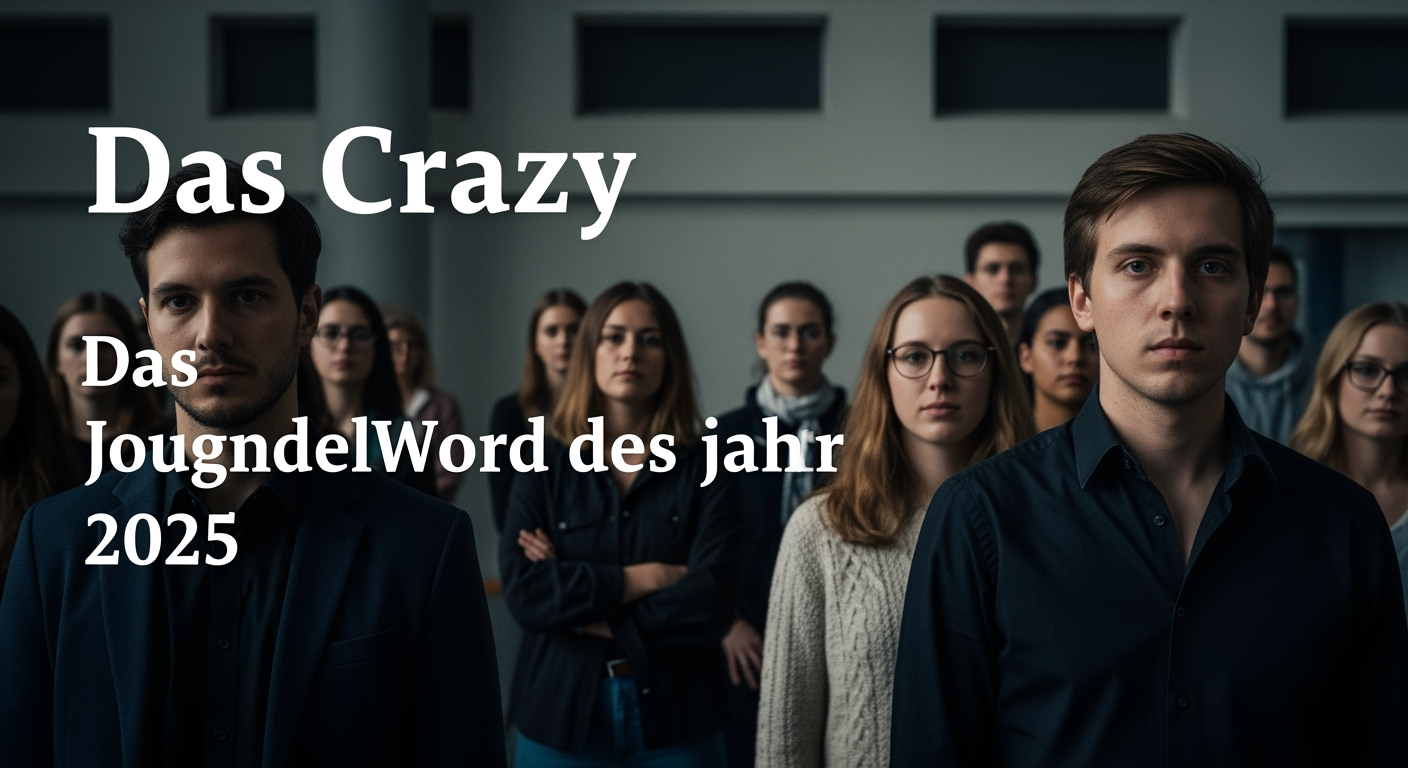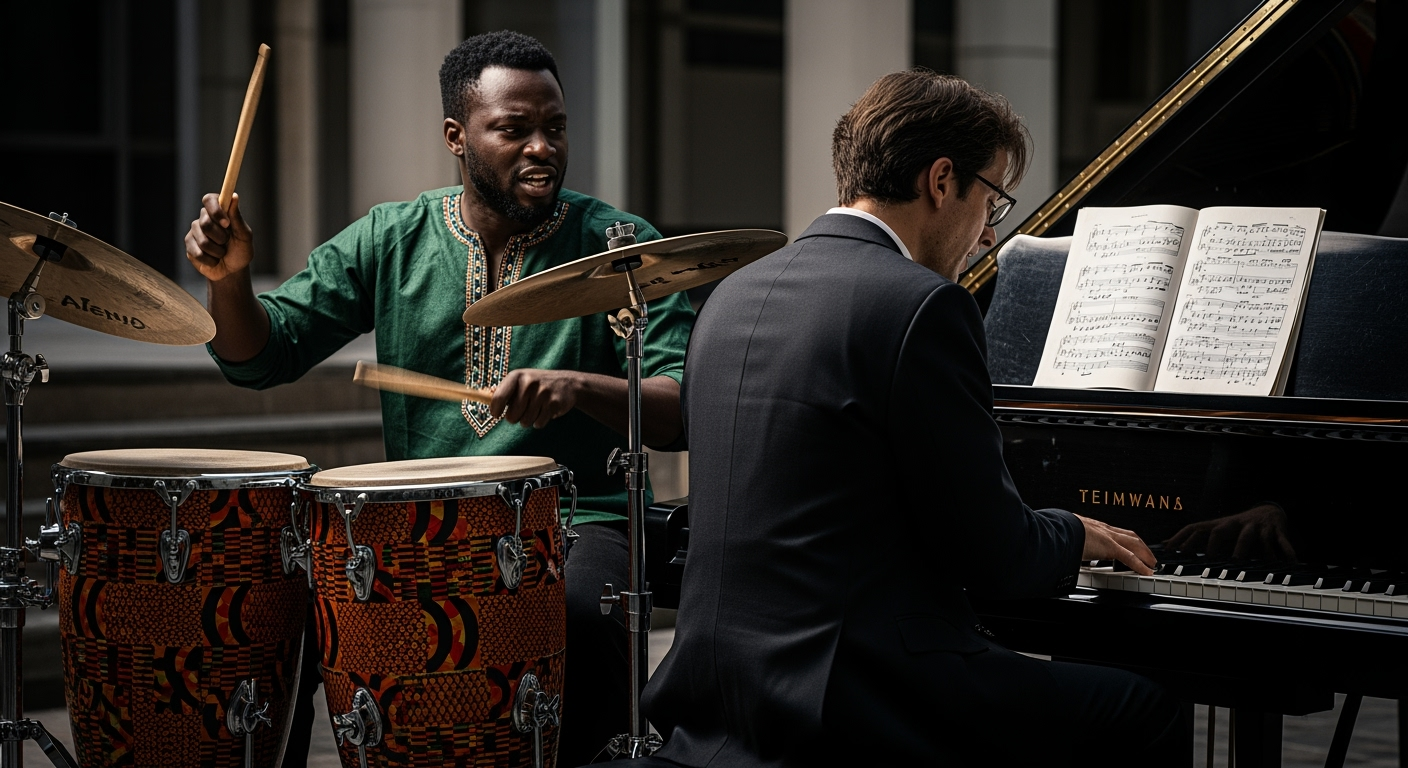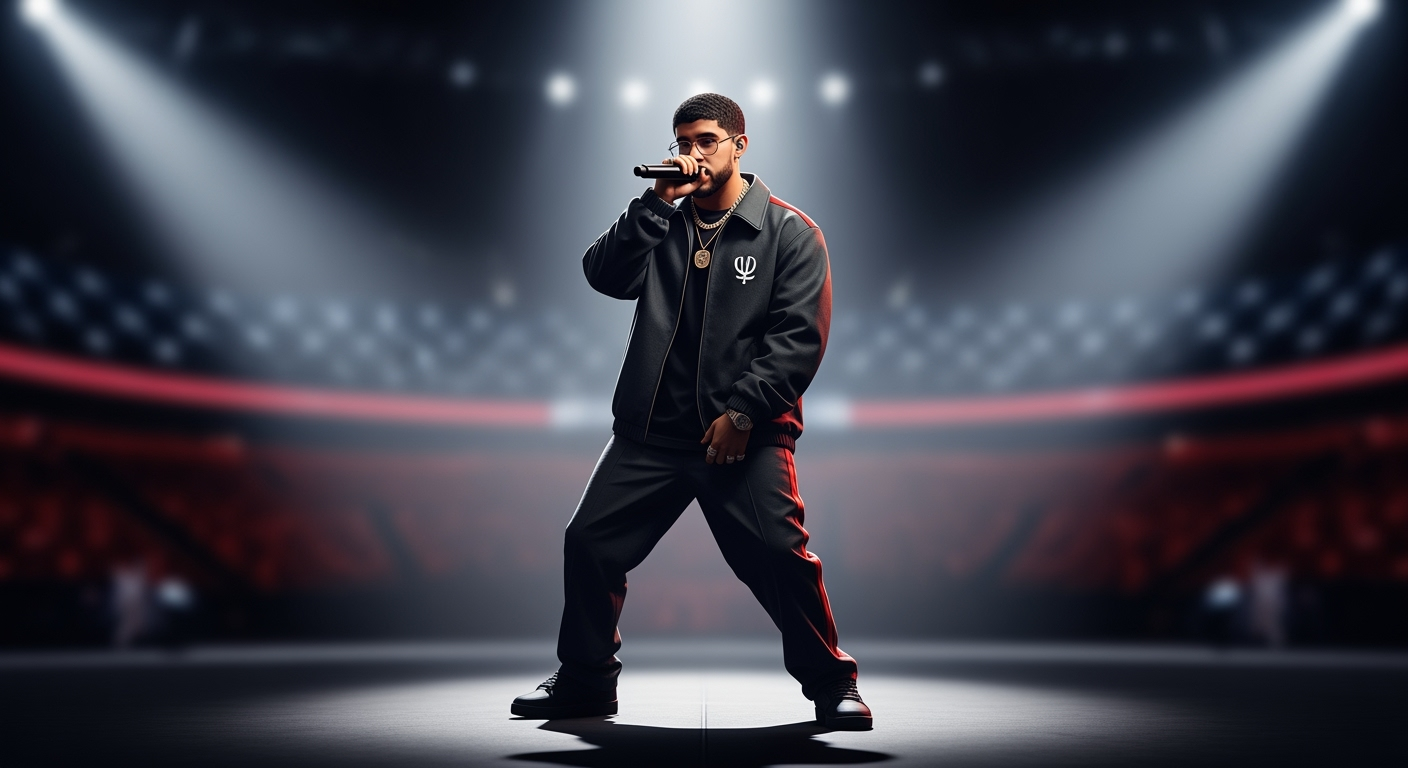Related Articles

Daring Daylight Heist Shakes Louvre, Priceless Jewels Vanish

"Das crazy" Crowned German Youth Word of the Year 2025, Reflecting English Influence and Linguistic Nuance





The National Football League's decision to name Puerto Rican superstar Bad Bunny as the headliner for the 2026 Super Bowl LX halftime show has triggered a significant cultural and political firestorm, drawing sharp criticism from conservative commentators and supporters of the Make America Great Again (MAGA) movement. Announced in late September 2025, the selection of an artist known for his Spanish-language catalog and outspoken political views has intensified an already polarized national dialogue surrounding identity, immigration, and American cultural values, placing one of the nation's most-watched events at the center of a contentious debate.
On September 28, 2025, the NFL officially announced that Bad Bunny, whose real name is Benito Antonio Martínez Ocasio, would command the stage for the Super Bowl LX halftime show at Levi's Stadium in Santa Clara, California, on February 8, 2026. The news was met with an immediate and vocal backlash from conservative circles, particularly those aligned with the MAGA movement. Critics quickly lamented the choice of an artist whose body of work is predominantly in Spanish and who has a public record of opposing Trump-era policies and U.S. immigration enforcement. This swift condemnation highlighted a deep divide over what constitutes appropriate cultural representation on one of the world's largest stages, with some viewing the selection as a deliberate slight to traditional American values.
The anger emanating from MAGA-aligned commentators stems from several key aspects of Bad Bunny's public persona and artistic output. Foremost among these is his consistent use of Spanish in his music. Many critics expressed outrage that the Super Bowl halftime show, a tentpole American event, would feature an artist who does not primarily perform in English, viewing it as an affront to American patriotism. This sentiment often intersects with broader anxieties about the prominence of Spanish in American society, with some commentators suggesting that such choices are designed to divide rather than unite fans.
Beyond language, Bad Bunny's well-documented political stances have fueled conservative ire. He has been a vocal critic of former President Donald Trump's agenda, particularly regarding immigration policies. His previous comments about immigration and concerns that his concerts could become targets for Immigration and Customs Enforcement (ICE) raids have further agitated critics who perceive his views as anti-American. Additionally, his non-traditional, often gender-fluid fashion choices have been cited by some conservatives as another departure from traditional values, contributing to the perception of the artist as "woke" and out of step with their cultural norms. The convergence of these elements – language, politics, and personal expression – has positioned Bad Bunny as a symbol of the cultural shifts that many MAGA supporters openly resist.
The controversy escalated beyond social media and commentary with the involvement of government officials and prominent media figures. Department of Homeland Security (DHS) Secretary Kristi Noem sparked further outrage when she stated on a conservative podcast that ICE would be "all over" the 2026 Super Bowl event, implying a focus on immigration enforcement in connection with Bad Bunny's performance. This statement was perceived by many as a thinly veiled threat and a politicization of a major sporting event. Corey Lewandowski, a former Trump campaign manager, also reportedly warned of an ICE presence, though the White House later denied any such plan.
The discourse took another turn when Whoopi Goldberg, co-host of ABC's "The View," weighed in on Noem's remarks. Goldberg suggested, in a seemingly sarcastic tone, that attendees could "get a little cocoa butter, sit in the sun... give yourself a Latin" identity to evade potential scrutiny from ICE. These comments, intended as a critique of Noem's stance, were swiftly condemned by conservative figures like Megyn Kelly and Tomi Lahren, who accused Goldberg of promoting "racism" or advocating for "blackface," thereby further fanning the flames of the already contentious debate. Former President Donald Trump himself joined the chorus of critics, calling the NFL's selection of Bad Bunny "absolutely ridiculous."
Amidst the growing furor, Bad Bunny addressed the controversy directly during an appearance on "Saturday Night Live." The Puerto Rican superstar openly mocked the conservative backlash, ironically stating, "I'm very happy, and I think everyone is happy about it, even Fox News." He then delivered a powerful statement in Spanish, emphasizing that his selection was an achievement for all Latinos, demonstrating their "footprint, and our contribution to this country, that no one will ever be able to take away or erase." He concluded in English with a defiant jab at his critics: "And if you didn't understand what I just said, you have four months to learn."
This response underscored the broader cultural implications of the controversy. While some critics questioned Bad Bunny's legal status, it is important to note that Puerto Ricans are U.S. citizens. The debate over his selection, therefore, extends beyond individual artistic merit to encompass fundamental questions about American identity, multiculturalism, and the role of Spanish language and Latino culture within the national landscape. The NFL, for its part, has reaffirmed its commitment to diversity, despite calls for boycotts and replacements, indicating a deliberate embrace of a broader audience. The controversy highlights that Spanish is not just an immigrant language but an integral part of American history and demographics, with a significant portion of the U.S. population speaking Spanish at home.
The selection of Bad Bunny to headline the 2026 Super Bowl halftime show has inadvertently cast America's most prominent sports spectacle as a battleground in the ongoing culture wars. What began as an artistic announcement quickly morphed into a national debate about language, immigration, political expression, and the evolving definition of American identity. The intense backlash from the MAGA movement, fueled by concerns over Spanish-language music and Bad Bunny's political leanings, contrasts sharply with the artist's defiant stance and the NFL's commitment to diverse representation. As the countdown to Super Bowl LX continues, the controversy serves as a potent reminder of the deep ideological rifts that persist within the United States, illustrating how even mainstream entertainment can become a flashpoint for political and cultural polarization.